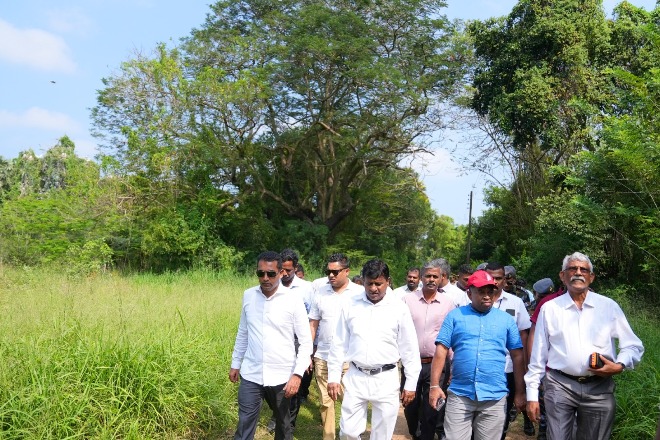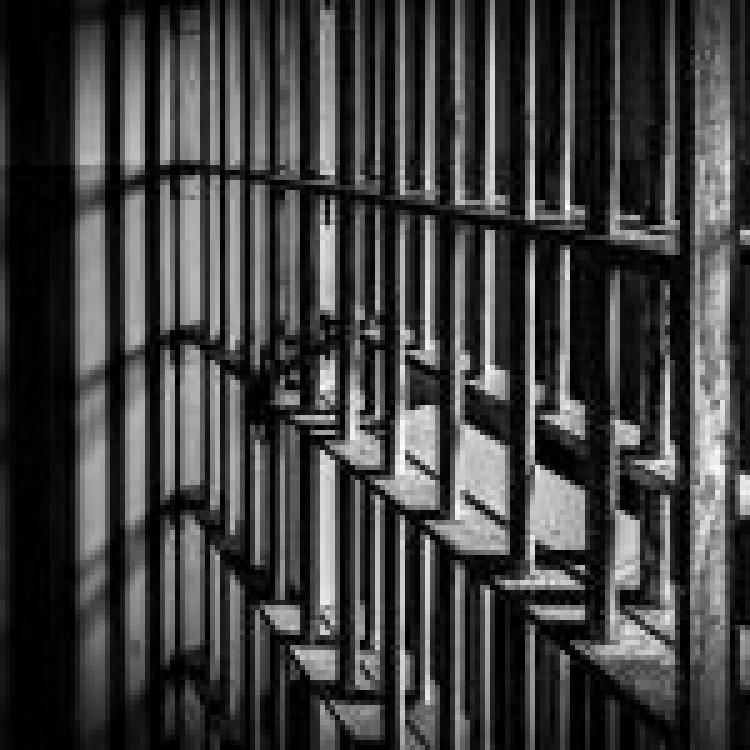
Minister of Justice, Prison Affairs and Constitutional Reform, Wijayadasa Rajapakse toured the Mantheevu islet, a part of Batticaloa this week to use the area to establish a new prison or a rehabilitation centre, purportedly to overcome Sri Lanka’s issue of overcrowding in prisons.
He told reporters who had gathered there that in the past, during the height of the COVID-19 pandemic, the island was used as a quarantine centre by the Sri Lankan Air Force. He also said that there are only leprosy patients living on this island and it can be made use of for other reasons.
He had stated that the prisons were overcrowded and the solution to it was to build another prison. He claimed this was a major problem that the Prisons Department was facing. The increasing numbers have been further compounded by Operation Yukthiya, a drug bust coordinated by police and the security forces. According to police at least 28,000 have been arrested since the operation commenced last year in December. Unable to cope with the numbers detained under the ongoing Yukthiya operation, the prison authorities were also looking at holding prisoners in places of worship within prisons. This move was strongly objected to by prisoners and welfare organizations.
A recent government audit based on data collected between 2015-2022 notes that the prison capacity has been exceeded by 232%. The report is based on data collected between 2015 and 2022. It is noted that the number of inmates in the overall prison system in Sri Lanka increased from 139% to 232% of the capacity of the prisons.
The publication does not capture the recent arrests following the Sri Lankan government's anti-narcotics crackdown, in which 30,000 arrests have been made. Operation Yukthiya has drawn condemnation from the United Nations.
The UN human rights agency slammed the operation and called on the government to reassess its strategy with a human rights-based approach. “We are very concerned that authorities in Sri Lanka are adopting a heavily security-based response to the country’s drugs problem," read a statement issued by Volker Turk, the UN high commissioner for human rights.

